B.Sc. (Agriculture + MBA)
Overview
This is an Integrated course of duration 5 yrs leading to BSc (Agriculture) and MBA (Agribusiness). The aim of this course is to trained students in core Agricultural skills and to develop them as agri-professionals for a rewarding career in entire value chain of agri-sector.
The graduate and post-graduate Engineering programs in Data Science, Artificial Intelligence, and Machine Learning at CPU are about providing an innovative education filled with discovery, and dissemination of knowledge.
Students get to learn under the supervision of highly adept and experienced faculty teams developing the skills they need to succeed and make a valuable contribution right from the start. The graduate & post-graduate engineering programs encourage students to think with an internal perspective and design solutions that meet human and social needs and create an economic value that helps them to sustain in this competitive environment.
Scope of B.Sc. (Agriculture + MBA)
According to US Bureau of Labor Statistics, The employment outlook for computer and information technology occupations is exceptionally promising, with a projected growth rate significantly higher than the average across all occupations from 2022 to 2032. On average, approximately 377,500 job openings are anticipated each year within these fields. This surge is attributed to both the expansion of employment opportunities and the imperative to fill positions vacated by workers departing these occupations permanently. The robust projection underscores the ongoing demand for skilled professionals in the computer and information technology sectors over the next decade.
Department
at a Glance
-
Globally Comparable,
Flexible Choice Based Academics - Exposure to Next-Gen Technologies
- Unprecedented Industry Patronage
- Impeccable Placements
- Project based & Experiential Learning
Exclusive
Labs
- Microsoft Innovation Center
- Microsoft - Global Technical Support Center (GTSC)
- IBM Software Lab For Emerging Technologies
- Oracle Academy Lab
- Unisys Innovation Labs
Your Department in a Nutshell
- Achievements
- Patents
- Research
- Expert Sessions
- Activities
- Labs
Eligibility & Fee Details
For Indian Students : 10+2 with Science (Physics, Chemistry, Maths/Biology) or 10+2 with Agriculture.
|
Course Fee
|
|
|---|---|
|
Admission Fee (one time) |
5000/- (at the time of admission) |
|
Tuition Fee |
32000/- Per Semester |
|
Examination Fee |
3000/- Per Semester |
|
Development Fee |
8000/- Per Semester |
|
Caution Money |
3000/- (One Time, Refundable) |
Scholarship Criteria
Based on performance in qualifying exam
| % in Qualifying Class [1] | Scholarship on Tuition Fee | |
|---|---|---|
| Above 90% | 20% | |
| 85% – 89.99% | 10% | |
| 75% – 84.99% | 5% | |
- Early Admission Benefits Upto Rs. 3000/- Admission Taken Before 15th July 2024
- Scholarship in Tuition fee (for all 10 semesters): up to 20% based on academic performance.
Why Join B.Sc. (Agriculture + MBA)?
Joining a combined program like B.Sc. (Agriculture + MBA) offers several benefits:
- Holistic Education: Combining a bachelor's degree in agriculture with an MBA provides students with a comprehensive understanding of both technical agricultural practices and business management principles. This holistic education equips graduates with the knowledge and skills needed to navigate the complexities of the agriculture industry effectively.
- Diverse Career Opportunities: Graduates of B.Sc. (Agriculture + MBA) programs have a wide range of career opportunities available to them. They can pursue roles in agricultural management, agribusiness consulting, food production and processing, agricultural finance, agricultural policy, rural development, and more. The dual degree enhances their employability across various sectors within the agriculture industry and beyond.
- Entrepreneurship: With the knowledge gained from both agricultural sciences and business administration, graduates are well-prepared to become successful entrepreneurs in the agriculture sector. They can start their own agricultural enterprises, such as farms, agribusinesses, food processing units, agricultural technology startups, and consulting firms, leveraging their understanding of both the technical and business aspects of agriculture.
- Innovation and Sustainability: Combining agricultural studies with business management can foster innovation and sustainability in agriculture. Graduates are equipped to address contemporary challenges facing the agriculture industry, such as climate change, resource management, food security, and sustainability. They can develop and implement innovative solutions that integrate both scientific advancements and business strategies to promote sustainable agricultural practices.
- Leadership and Management Skills: An MBA curriculum emphasizes leadership, strategic management, finance, marketing, and organizational behavior, among other essential business disciplines. By completing an MBA alongside their agricultural studies, students develop strong leadership and management skills that are crucial for driving growth, implementing change, and making informed decisions in agricultural organizations and related sectors.
What makes Department
of B.Sc. (Agriculture + MBA) unique?
The uniqueness of a Department offering a B.Sc. (Agriculture + MBA) program can be attributed to several factors:
Placements








Recruiters Tie Up's
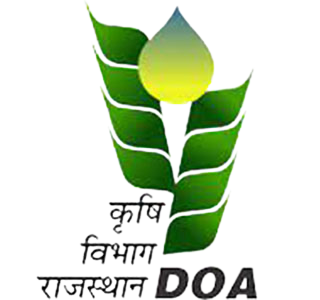
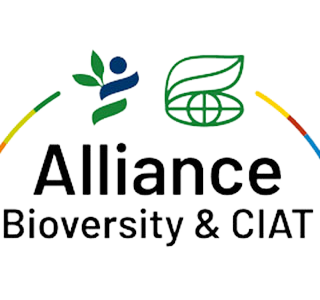
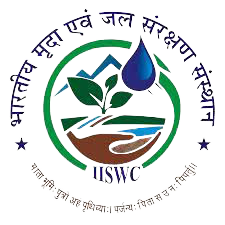
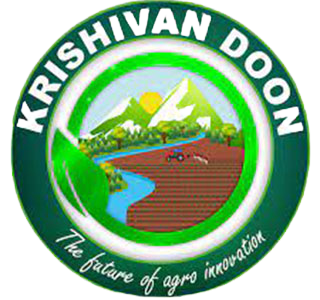

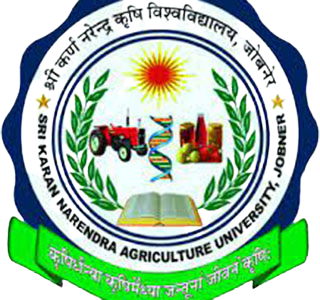
Our Students Speak

Package: 6 LPA

Package: 8 LPA

Package: 8 LPA

Package: 8 LPA

Package: +15 LPA
How to Apply
Steps to Follow
Frequently Asked Questions
B.Sc. (Agriculture + MBA) at Career Point University
The duration of the B.Sc. (Agriculture + MBA) program is typically five years, consisting of undergraduate studies in agriculture (B.Sc.) followed by graduate studies in business administration (MBA).
Graduates of the B.Sc. (Agriculture + MBA) program have diverse career opportunities available to them, including roles in agricultural management, agribusiness consulting, food production and processing, agricultural finance, agricultural policy, rural development, entrepreneurship, and more.
The B.Sc. (Agriculture + MBA) program offers a comprehensive blend of agricultural sciences and business management, providing graduates with a holistic understanding of the agriculture industry. This unique combination equips students with the technical knowledge of agriculture along with essential business skills, enhancing their employability and leadership potential in the agriculture sector.
Some programs may offer specialized tracks or concentrations within the B.Sc. (Agriculture + MBA) program, allowing students to focus on areas such as agricultural economics, agribusiness management, sustainable agriculture, agricultural finance, or international agriculture, depending on the curriculum and offerings of the university.
Many B.Sc. (Agriculture + MBA) programs provide students with opportunities for internships, industry projects, and experiential learning experiences, allowing them to apply theoretical knowledge to real-world agricultural and business contexts, build industry connections, and gain practical skills relevant to their future careers.
The admission process for the B.Sc. (Agriculture + MBA) program typically involves fulfilling eligibility criteria, submitting application forms, appearing for entrance examinations (if required), participating in interviews (if applicable), and meeting other admission requirements specified by the university offering the program.






